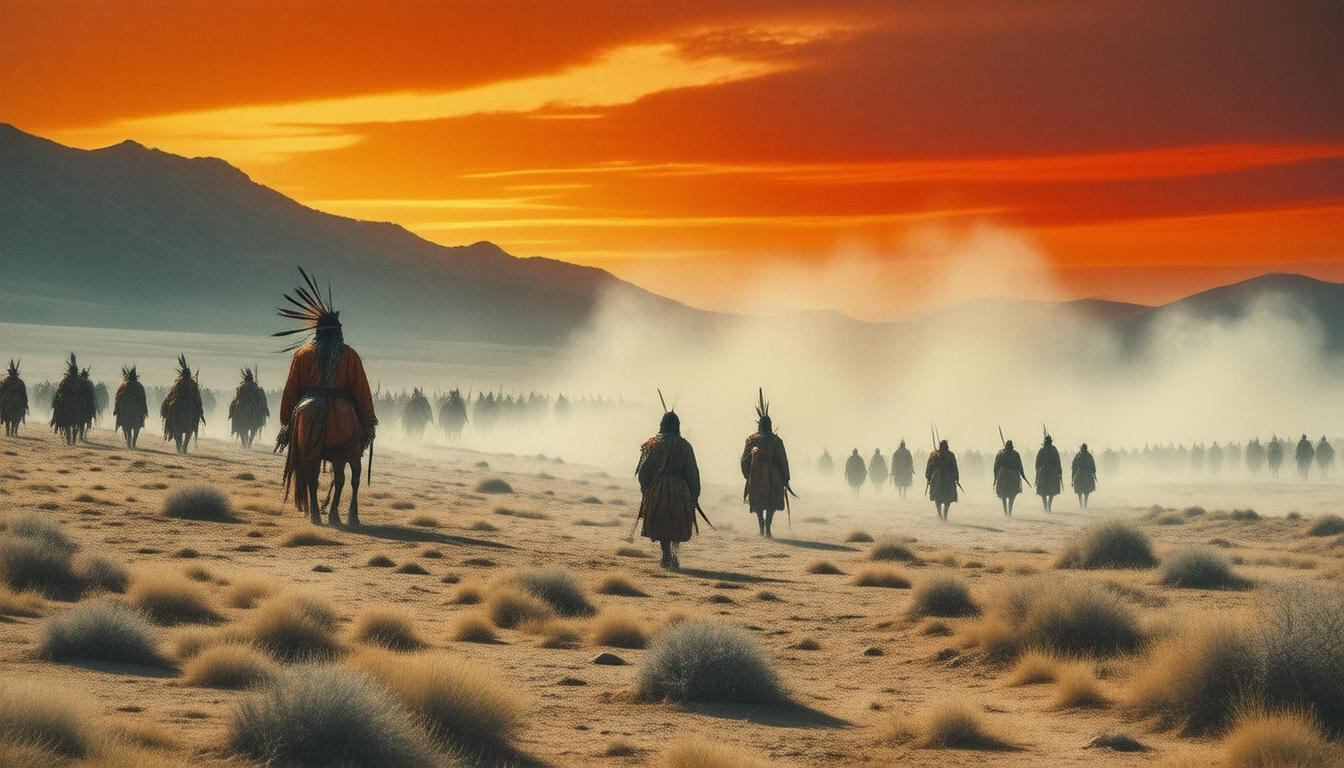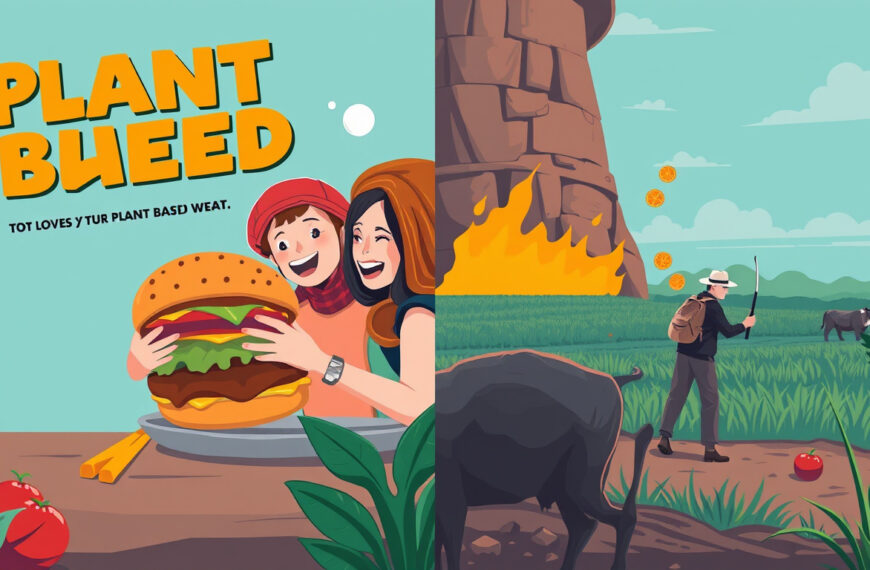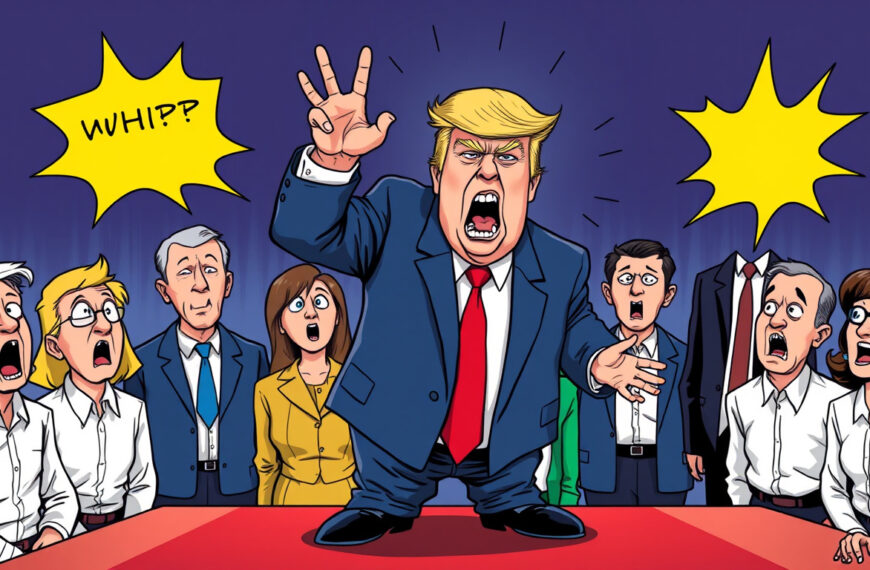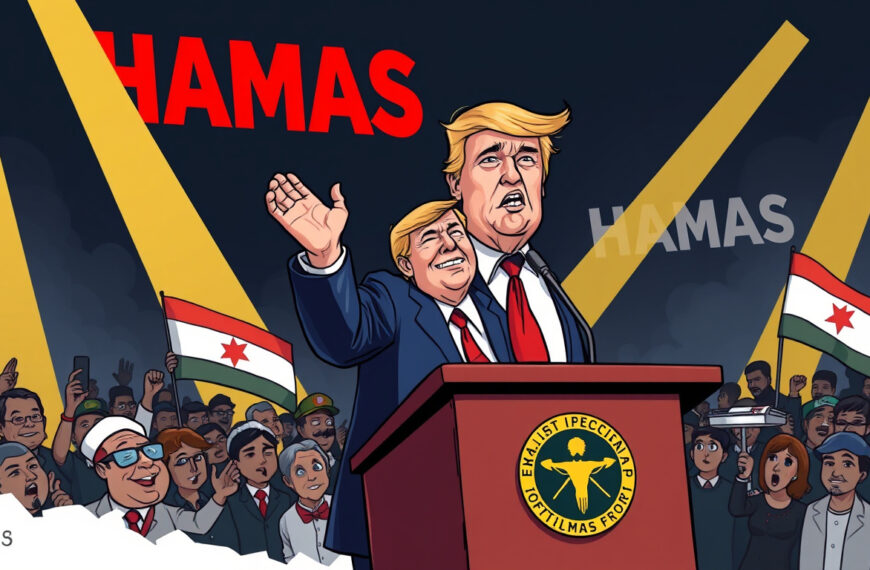The tragic events at Wounded Knee in 1890 stand as a stark chapter in American history, symbolizing the violent collision between indigenous cultures and expanding American frontiers. The film ‘Hostiles’ beckons a reflective examination of this legacy, particularly through the interplay of character dialogues that evoke the moral complexities surrounding these historical confrontations. Central to its narrative is the acknowledgment of past atrocities and the nuanced evolution of relationships between Native Americans and the U.S. military.
The Grief of History
The dialogue extracted from ‘Hostiles’ foregrounds the haunting memories of Wounded Knee, a massacre that ended the lives of many Lakota Sioux. When characters reflect on their participation in historic violence, it evokes an almost surreal juxtaposition of pride and shame. The remembrance of a shared trauma—“when we slaughtered them Reds something good”—speaks volumes about the grappling with guilt and the acceptance of a painful past. Such exchanges prompt viewers to confront the profound sorrow that mingles with nostalgia for perceived glory moments in military history.
Complexity of Duty and Humanity
The conversation between characters, where one reminisces about the battlefield, hints at a deeper, unsettling realization of dehumanization inherent in warfare. One character acknowledges, “Makes you feel inhuman after a while,” highlighting how prolonged exposure to violence can erode one’s sense of morality. Here, ‘Hostiles’ unravels a critical question: Can duty ever absolve the ethical ramifications of action? This introspective dialogue serves to humanize characters caught in the turmoil of their roles, evoking empathy from the audience as they recognize the toll of violence on both soldiers and indigenous peoples alike.
The Inevitable Transformation
Moreover, the dialogue remarks on how perspectives shift over time. The acknowledgment that “before long, we’ll be giving them their land back” signals a fundamental cultural evolution. It underscores the reckoning not simply with history, but also with ongoing dialogues surrounding land, heritage, and reparative justice. As characters evolve, their realizations serve as a metaphor for society’s potential growth toward understanding and healing.
Conclusion: Suggested Reflections
‘Hostiles’ encapsulates a restoring of voices long silenced—those of the Native Americans who suffered through systemic violence. While the movie is rich in character development, it also invites us, today, to reflect on the implications of our past. The contemplation of Wounded Knee in such narratives does not merely recount history; it challenges the audience to engage in a broader discourse about justice, reconciliation, and understanding the human capacity for both destruction and compassion.
In embodying this dialogue, ‘Hostiles’ becomes more than an exploration of conflict; it is a call to understand the legacies that shape societies and to remember that history, however harsh, is a foundational element of our collective consciousness. As we reflect on the legacy of events like Wounded Knee, we are tasked with crafting a future that acknowledges the past while striving for a more just and humane world.
Ready to get in the game and start making money on Pump.fun? DogWif Tools is the #1 memecoin sniper tool for becoming a Pump.fun millionaire. Get DogWif Tools today and become a memecoin dev!








